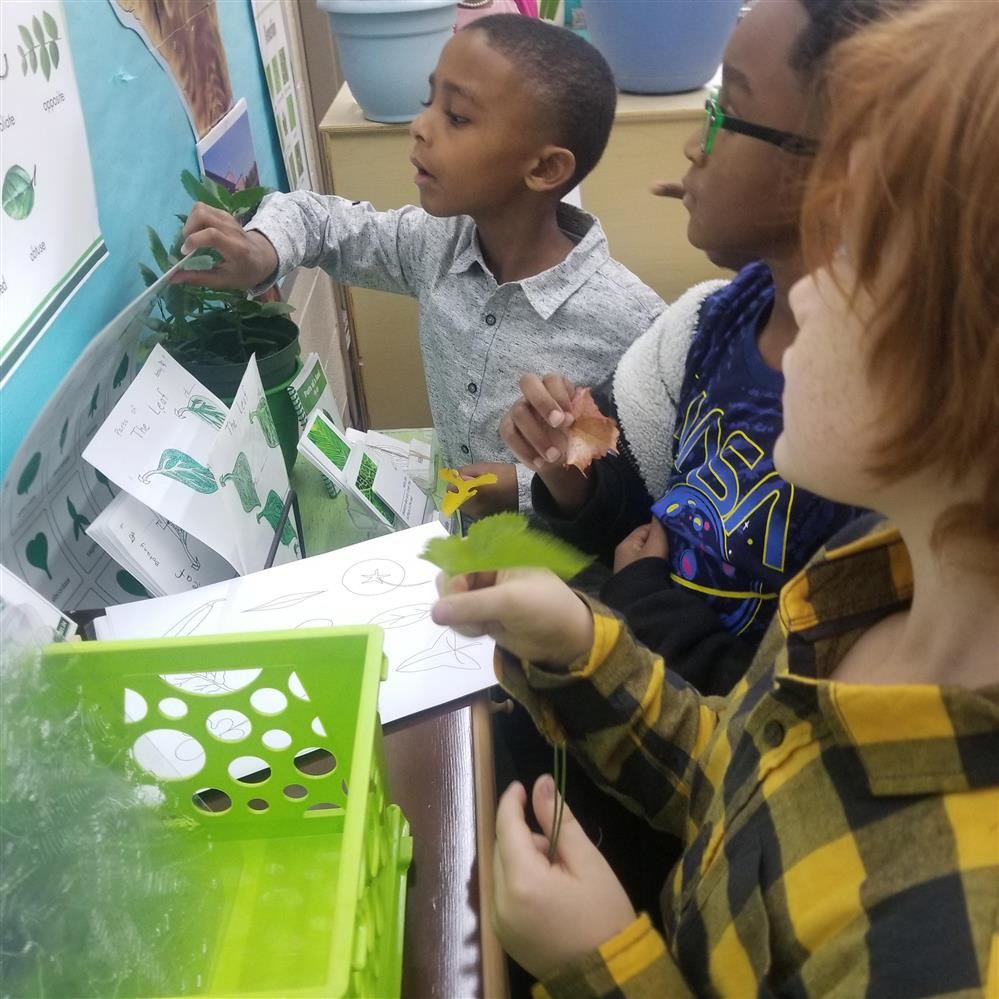- Edmonson
- Overview

-
CURRICULUM
The Montessori curriculum and classroom environment are designed to maximize each learner's individual potential. Every inch of the environment is purposefully arranged to encourage independence and creativity, while laying the foundation for remarkable cognitive, motor, and social skills. When you step into a Montessori environment, you'll notice the learners are peaceably at work with hands-on activities, caring for their environment, and developing productive habits.
PRACTICAL LIFE
The practical life environment develops work habits and courteous behavior. Ground rules and good manners are introduced as part of the curriculum. Activities are structured to satisfy each learner's need for meaningful activity. The learners perform familiar tasks like washing, polishing, pouring, spooning, and cutting to develop concentration, motor coordination, and independence.
SENSORIAL
Each environment is outfitted with sensorial materials that indirectly prepare each learner's future study of language and mathematics. Objects are specifically created to develop visual, auditory, olfactory, and tactile discrimination.
LANGUAGE ARTS
The language arts curriculum enriches the learner's understanding of spoken and written language. Each learner's language skill develops at his or her own rate; learners methodically progress from a phonetic understanding of language and the alphabet to spelling and decoding words. Learners typically move on to the Lower Elementary level with a high level of language skill for their age group.
MATHEMATICS
Concrete materials to develop learners' understanding of quantity, decimals, linear counting, and mathematical principles and processes. Addition and subtraction are introduced as concrete activities and other materials familiarize students with time, money, measurement, and geometry. Once learners have a foundational understanding of math, they move onto more advanced, abstract mathematical concepts.
GEOGRAPHY AND SOCIAL STUDIES
Geography and social studies help learners begin to understand their relationship with the world geographically and culturally. Globes, puzzle maps, and landform models develop an understanding of other cultures and history.
SCIENCE
At a young age, learners are ready to explore and make exciting, independent discoveries. The science curriculum creates an appreciation for all living things and the earth, while developing critical thinking. Science activities develop sensorial skills and learners begin to study the world systemically by observing, estimating, predicting, and drawing conclusions from their experiments.
PHYSICAL EDUCATION
Physical education not only provides exercise and develops motor skills, but encourages cooperative play through organized games and physical activities. The program focuses on physical, as well as social, intellectual, and psychological, growth that enables space and body awareness, and social skills.
MUSIC
The music curriculum includes singing, reciting rhymes and poetry, and movement. Learners are introduced to singing, pitch, rhythm, beat, and inherent musical patterns.

